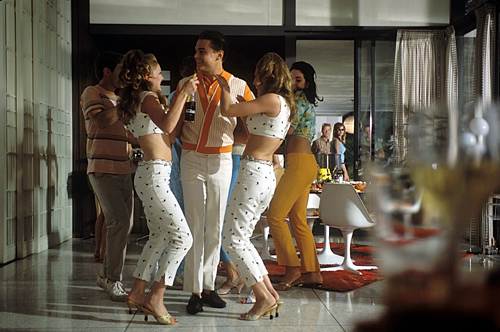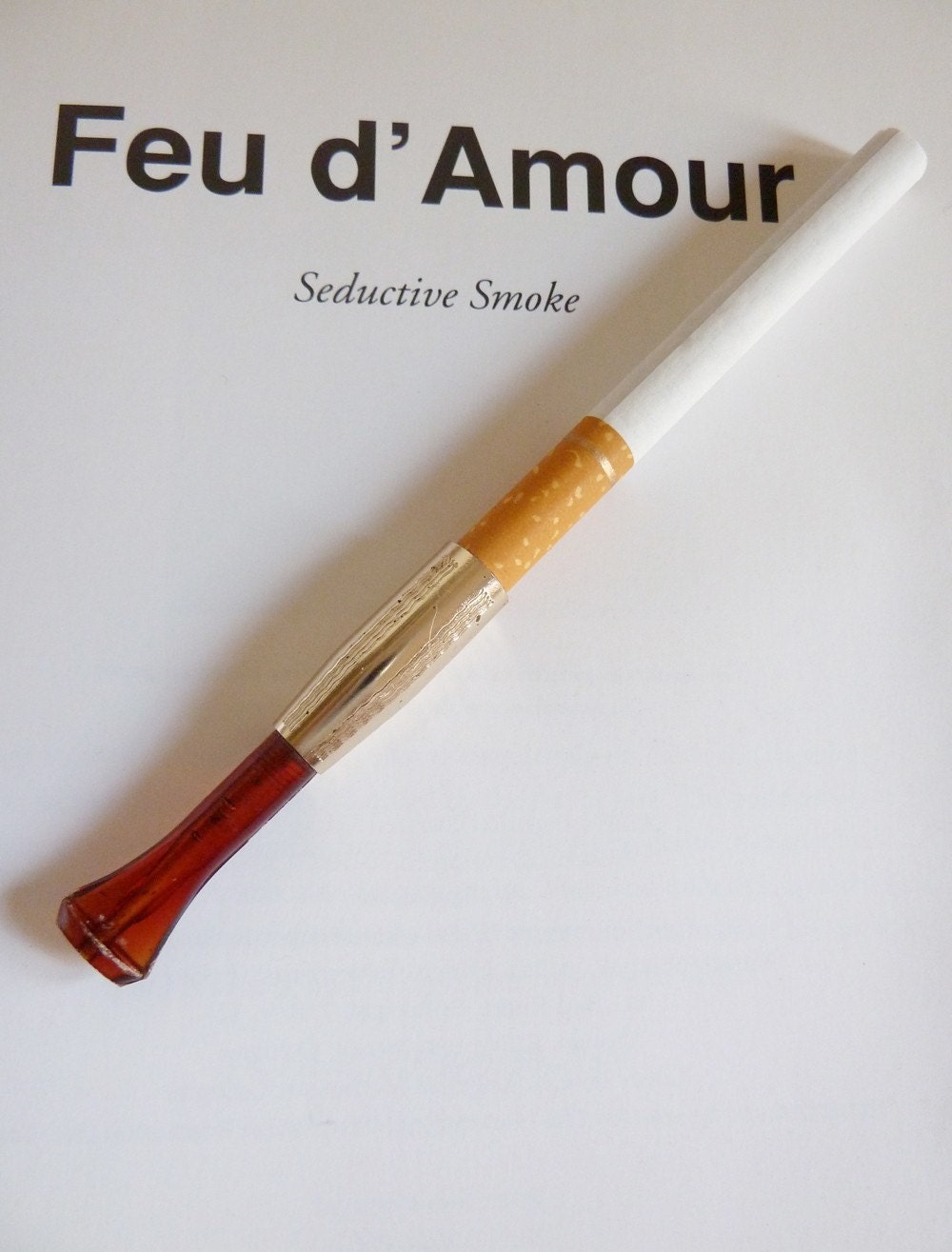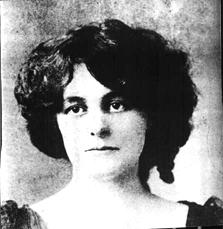Key Quotes and Events:
April 1809: Thomasina aged 13, Septimus aged 22
Thomasina: Septimus, what is carnal embrace?
Septimus: Carnal embrace is the practice of throwing one's arms around a side of beef.
Septimus and Thomasina discuss:
- Fermat's last theorem
- Mr Chater's poem
- Who Mrs Chater was having 'carnal embrace' with in the 'gazebo'
Septimus: Ah. Yes I am ashamed. Carnal embrace is sexual congress, which is the insertion of the male genital organ into the female genital organ for the purposes of procreation and pleasure. Fermat's last theorem, by contrast, asserts that when x,y and z are whole numbers each raised to the power of n, the sum of the first two can never equal the third when n is greater than 2.
Thomasina: Is it the same as love?
Septimus: Oh no it is much nicer than that.
Jellaby enters with a letter for Septimus from Mr Chater inviting him to duel to defend Mrs Chater's honour and exits with Septimus' reply.
Thomasina: When you stir your rice pudding, Septimus, the spoonful of jam spreads itself round making red tails like the picture of a meteor in my astronomical atlas. But if you stir backward, the jam will not come together again. Indeed, the pudding des not notice and continues to tun pink just as before. Do you not think this is odd?
Septimus: No more you can, time must needs run backward, and since it will not, we must stir our way onward mixing as we go, disorder out of disorder until pink is complete, unchanging and unchangeable, and we are done with it for ever. This is known as free will or self determination.
Thomasina: If you could stop every atom in its position and direction, and if your mind could comprehend all the actions thus suspended, then if you were really, really good at algebra you could write the formula for all the future; and although nobody can be so clever as to do it, the formula must exist just as if one could.
Septimus mentions that Fermat wrote he had proof for his theorem in a margin of a book. Chater enters. Septimus sends Thomasina out of the room. Chater demands that he and Septimus duel to defend Mrs Chater's honour after Septimus and Mrs Chater 'made love... in the gazebo'. Septimus cajoles him into calming down by saying:
Septimus: There are no more than two or three poets of the first rank now living, and I will not shoot one of them dead over a perpendicular poke in a gazebo'
This flatters Chater and Septimus goes on to allude that Mrs Chater only made love to Septimus to entice him to write a nice review of Chater's poem.
Septimus: ...I order my thoughts, and finally, when all is ready and I am calm in my mind...
Chater: (shrewdly) Did Mrs Chater know all this before she - before you -
Septimus: I think I very likely she did.
Chater: (Triumphantly) There is nothing that woman wouldn't do for me! Now you have an insight into her character. Yes, by God, she is a wife to me sir! (pg 14)
Chater writes in Septimus' edition of 'The Couch Of Eros'. It is hinted that Captain Brice is also Mrs Chater's lover. Noakes enters.
Lady Croom and Captain Brice as she says:
Lady Croom: Oh, no! Not the gazebo!'
Sepimus and Chater assume she is talking about the incident with Mrs Chater when in fact she is bemoaning Noakes' picturesque garden design. They both leap to his defence. Thomasina enters. Thomasina realises what they are actually talking about, but mentions carnal embrace which makes her family think she has had sex with Septimus.
Brice: As her tutor you have a duty to keep her in ignorance.
Thomasina saves the situation by implying she believes that carnal embrace is actually 'the practice of throwing one's arms around a side of beef'.
Lady Croom: Where there is the familiar pastoral refinement of an Englishman's garden, here is an eruption of gloomy forest and towering crag, of ruins where there never was a house, of water dashing against rocks where there was neither spring or stone I could not throw the length of a cricket pitch. My hyacinth dell is become a haunt for hobgoblins, my Chinese bridge, which I am assured is superior to the one at Kew, and for all I know at Peking, is usurped by a fallen obelisk overgrown with briars.
Lady Croom: But Sidley Park is already a picture, and a most amiable picture too. The slopes are green and gentle. The trees are companionably grouped at intervals that show them to an advantage. The rill is a serpentine ribbon unwound from the lake peacably contained by meadows on which the right amount of sheep are tastefully arranged - in short it is nature as God intended, and I can say with the painter, 'Et in Arcadia Ego!' 'Here I am in Arcadia,' Thomasina.
Lady Croom notices something different about Thomasina then is rude to Chater.Byron is introduced as having shot a pigeon but never seen. Lady Croom exits with Chater, Brice and Noakes.
Septimus: A calendar of slaughter. 'Even in Arcadia, there am I!'
Thomasina: Oh phooey to Death! (She dips a pen and takes it to the reading stand) I will put in a hermit, for what is a hermitage without a hermit? Are you in love with my mother Septimus?
Thomasina: There. I have made him like the Baptist in the wilderness.
Thomasina gives Septimus a letter from Mrs Chater then exits. He puts the letter into 'The Couch of Eros'.
Characters introduced:
- Septimus
- Thomasina
- Mr Chater
- Mrs Chater
- Mr Noakes
- Jellaby
- Lady Croom
- Captain Brice
Themes Introduced:
- Sex
- Knowledge and discovery
- Fermat's last theorem
- Newtonian physics
- Garden design
- Determism vs chaos theory
An Explanation of some of the jokes:
1. Thomasina: Septimus, what is carnal embrace?
Septimus: Carnal embrace is the practice of throwing one's arms around a side of beef.
Caro means meat in latin.
2. Septimus: I am sorry the seed fell on stony ground.
Thomasina: That was the sin of Onan
In the bible Onan disobeys levirate law when Onan he has sex with Tamar, and withdrew before climax and "spilled his seed on the ground", since any child born would not legally be considered his heir.
3. Septimus: Mr Chater being engaged in closing the stable door.
A well known phrase is 'Don't close the door if the horse has already bolted'
4. Septimus: 'When I cannot sleep I take up 'The maid of turkey' like an old friend!'
Chater: (gratified)
Implies that Chater's poetry is so boring it sends him to sleep, audiences laugh at Chater's stupidity and arrogance.
5. Lady Croom: A lesson in folly...
Double entendre of the garden folly and the folly of Septimus and Mrs Chater's affair











 or
or 






